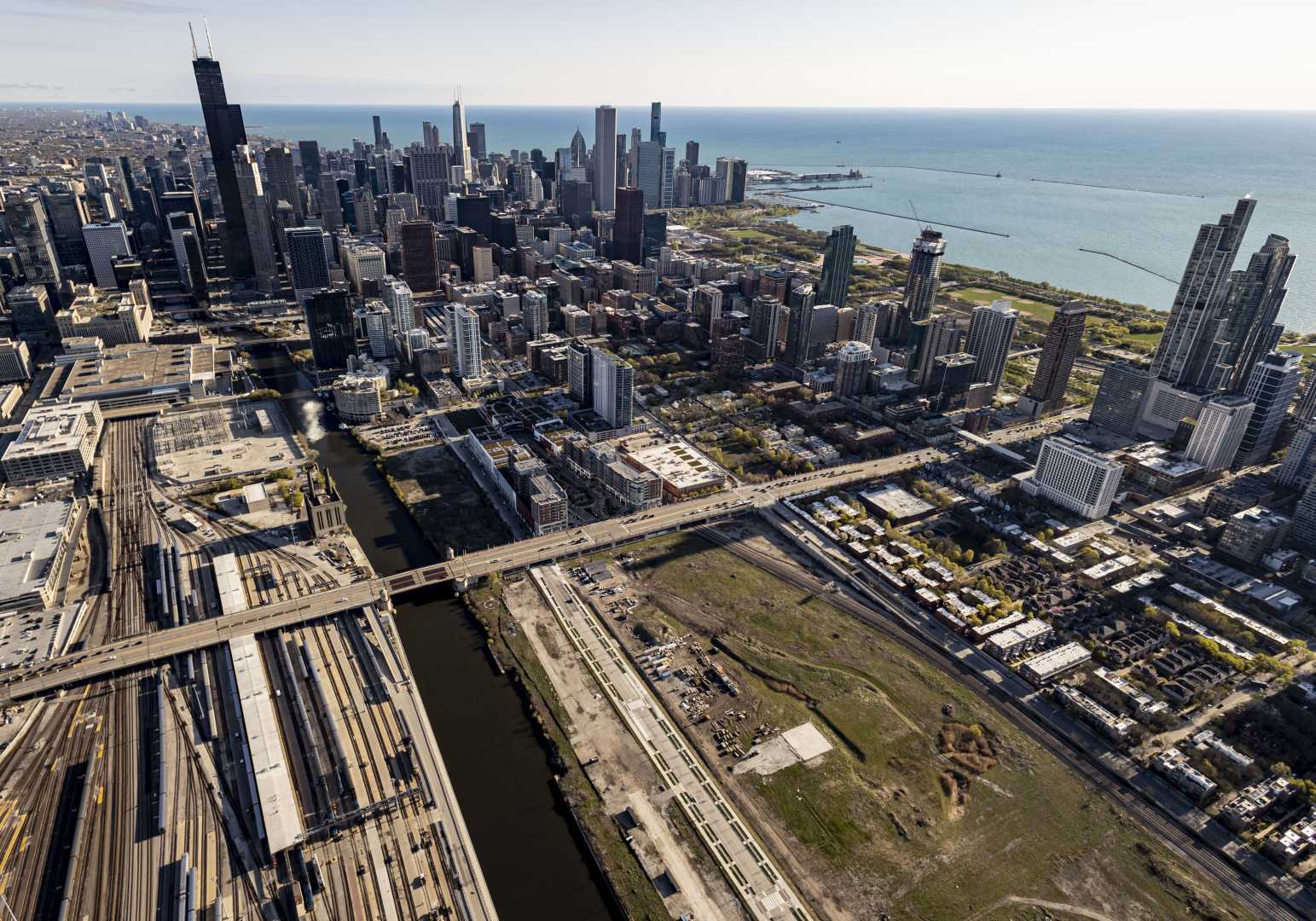News
Chicago’s $30M Research Hub Scrapped, Taxpayers Foot Bill

CHICAGO, Ill. — Taxpayers are out more than $30 million after the University of Illinois abandoned plans for a high-tech research hub in Chicago’s South Loop, a project once hailed as a transformative economic boost for the city. The decision comes seven years after former Mayor Rahm Emanuel and former Gov. Bruce Rauner announced the ambitious $285 million Discovery Partners Institute (DPI) on a 62-acre site along the Chicago River.
The university pulled the plug on the project in October, citing rising construction costs and an abundance of vacant office space in the Loop following the COVID-19 pandemic. Instead, the university will shift its focus to Gov. JB Pritzker’s proposed Illinois Quantum and Microelectronics Park on the city’s Far South Side, a 300-acre site once occupied by U.S. Steel.
“We did run this by the governor’s office, and they were supportive of this plan,” said Deba Dutta, interim executive director of DPI. “It’s good for the state. It’s good for taxpayer dollars.”
Records obtained by the Chicago Sun-Times reveal that the University of Illinois spent $1.3 million on the project, while the Illinois Capital Development Board, the state’s construction management agency, spent $30.8 million. Sources indicate the total loss for taxpayers could climb to $40 million.
The DPI project was part of a statewide initiative to build innovation centers at public universities, aiming to retain talent in Illinois and bolster technological and scientific research. The South Loop site, marketed as The 78, remains vacant, with the university still holding the deed to the property despite efforts by Related Midwest, the developer, to regain control.
In a text message obtained by the Sun-Times, Curt Bailey, president of Related Midwest, urged Dutta to expedite the return of the property. “I need the email telling me I’m getting the property back asap,” Bailey wrote on Oct. 17. Dutta responded, “No need to call anyone. Back to you soon.”
Pritzker’s office released a statement supporting the university’s pivot, calling it an opportunity to position Illinois as a global hub for quantum computing. “DPI’s ascendance, in addition to the global shifts in the world’s technological landscape, has created a once-in-a-generation opportunity for growth,” the statement read.
The decision leaves the future of the South Loop site uncertain, as Related Midwest continues to explore development options, including potential stadiums for the Chicago White Sox and Chicago Fire. Meanwhile, the university plans to repurpose some of the designs from the DPI project for the quantum park, though specifics remain unclear.












